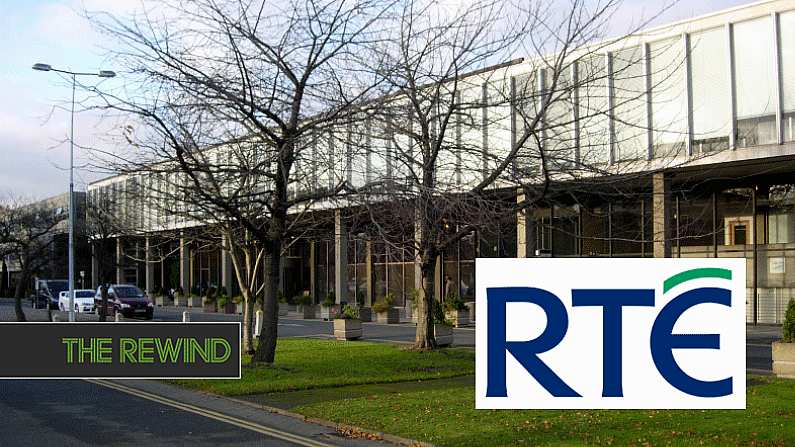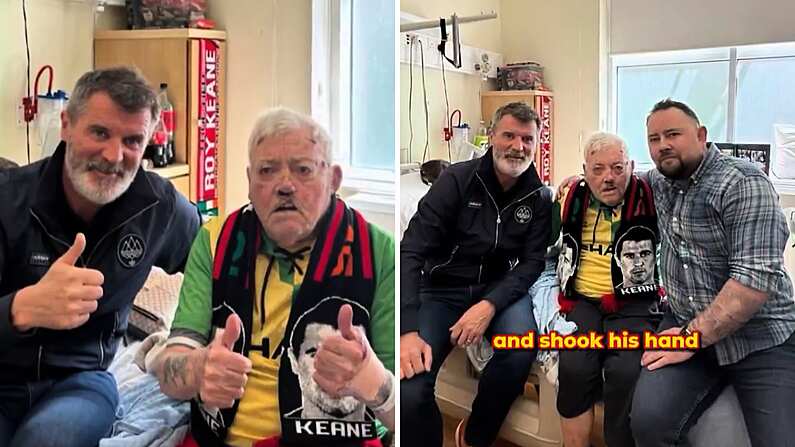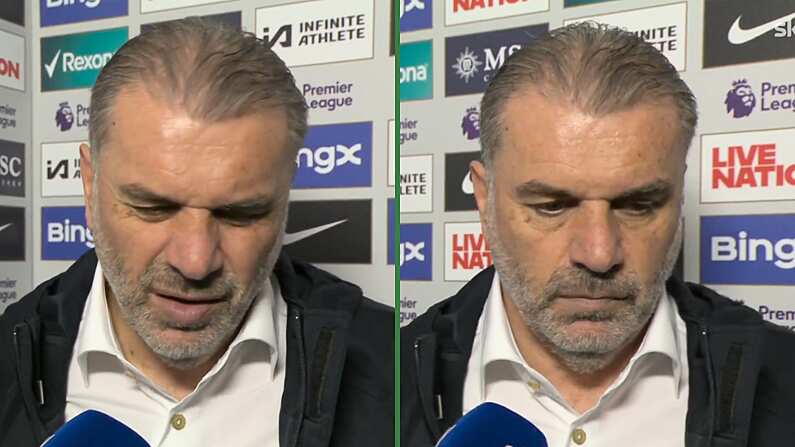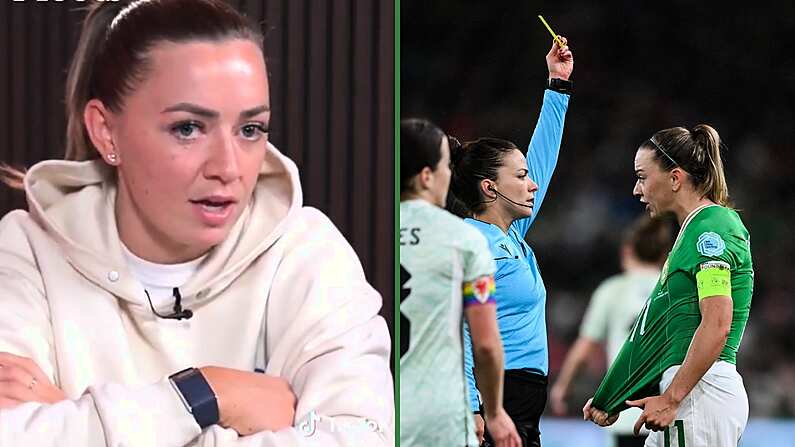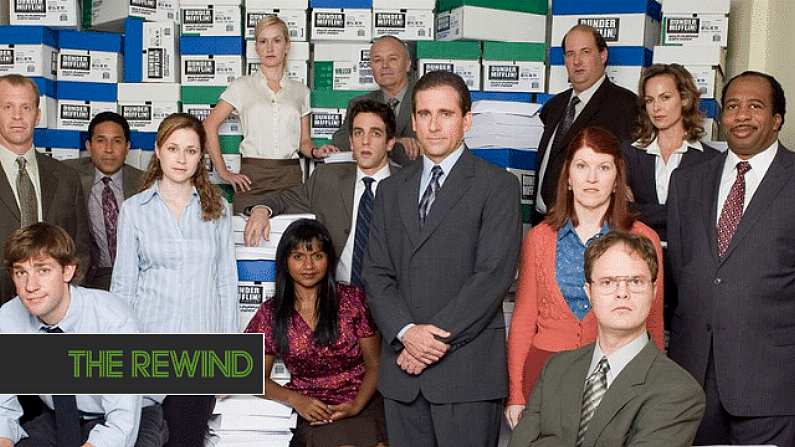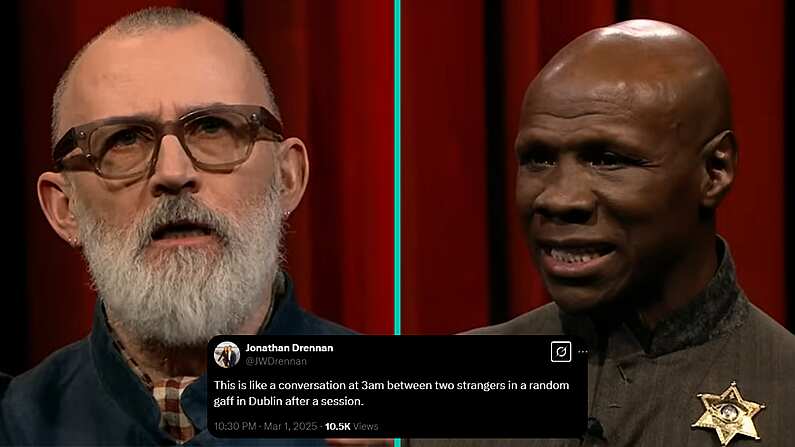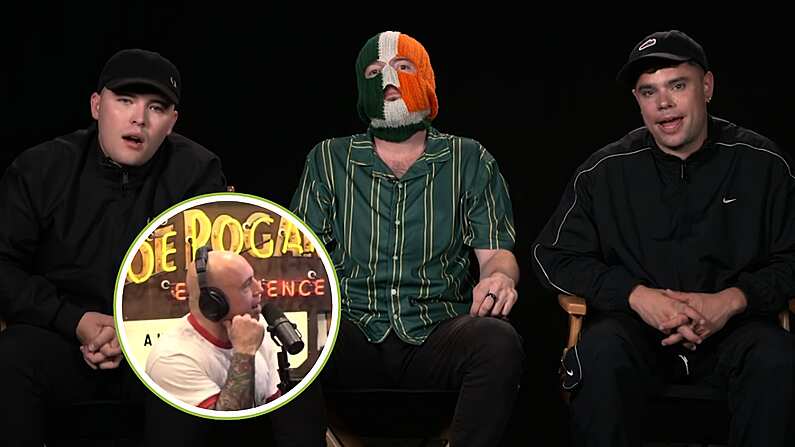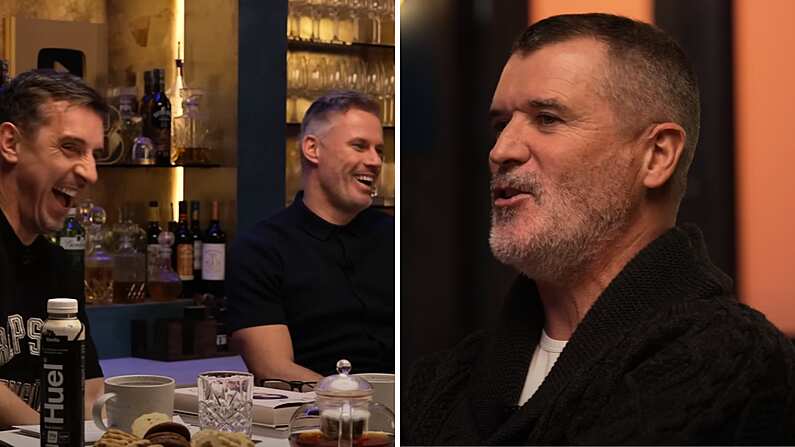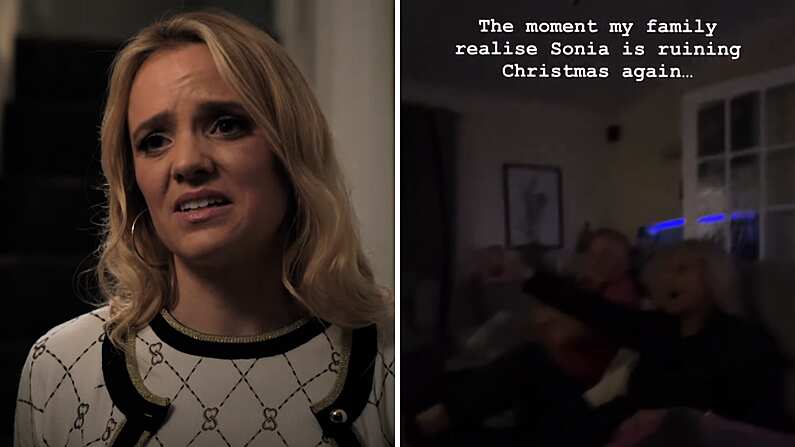RTÉ have announced a large number of measures they will be taking to address key issues in its "fight for its future," including the closure of its Limerick studio, plans to cut its staff by 200 next year, as well as a 15% wage reduction for its top contracted on-air presenters.
All of the RTÉ Digital Audio Broadcast network will be closed, including RTÉ’s digital radio stations, such as RTÉ Gold and RTÉ 2XM. RTÉ Aertel will also close down as the state broadcaster strives to cut costs by €60m over the next three years (2020-2023). RTÉ lyric fm will continue to broadcast but its production will move to Cork and Dublin.
The executive board will also take a 10% reduction in pay with RTÉ's director general, Dee Forbes, saying: "The challenges in front of us are real. But RTÉ does have a plan, which we are confident can address many of the challenges we face and bring Ireland’s national public broadcaster to stability."
In their statement, RTÉ summarised the "challenges" they're facing as:
- Global change: The challenges facing RTÉ are the same as those facing broadcasters all over the world, who are undergoing rapid and fundamental change
- Changing audiences: Audiences, especially younger people, are changing the way they consume media.
- Real transformation: Wide-ranging budget adjustments are required to stabilise RTÉ’s finances and ensure increased investment to deliver the type of service and content that we know our audiences want.
- Real challenges: Declining commercial income, inflationary pressures and a broken licence fee system mean that RTÉ is left with no option but to make further changes to its services and to its cost base.
- Government responsibility: The TV Licence system is broken; this is the responsibility of Government. Other countries have fixed it.
In terms of how RTÉ plan to enhance their offering, many will be delighted to hear plans to improve the RTÉ Player: "We will enhance our content offering on RTÉ Player, with longer windows, improving and investing in the technology, features and functionality. We will develop our live and on-demand RTÉ Player product, building towards a more integrated service offering video and audio."
The biggest sporting events of the year will move to RTÉ One while there are plans increase investment in live TV moments and big events (e.g. RTÉ on Climate, Late Late Show Specials), and homegrown drama.
In terms of its audio offering, RTÉ will "create new visualised radio studios and deliver podcasts for a wide variety of tastes and interests."
The statement also highlighted issues around the licence fee: "Ireland has one of the highest evasion rates in Europe (14%) which results in the loss of €25 million in public funding every year."
"11% (and growing) of households do not pay the TV Licence, but can still consume RTÉ programming and content on the RTÉ Player. This means a further loss of €20 million in public funding annually."
Dee Forbes called for reform of the licence system:
"Government needs to act to ensure there is a future for public service media in Ireland. I am clear about what role RTÉ should play in Irish life, but I am also clear that we cannot do it unless Government fixes the TV Licence system. We shouldn’t be under any illusions; we are in a fight – a fight to sustain a viable public media in Ireland.”
“We remain in discussions with Government. We are doing all we can to return RTÉ to a stable financial position, but we will not be able to reinvent public media for future generations, nor fulfil our remit, without immediate reform of the TV Licence system.”


